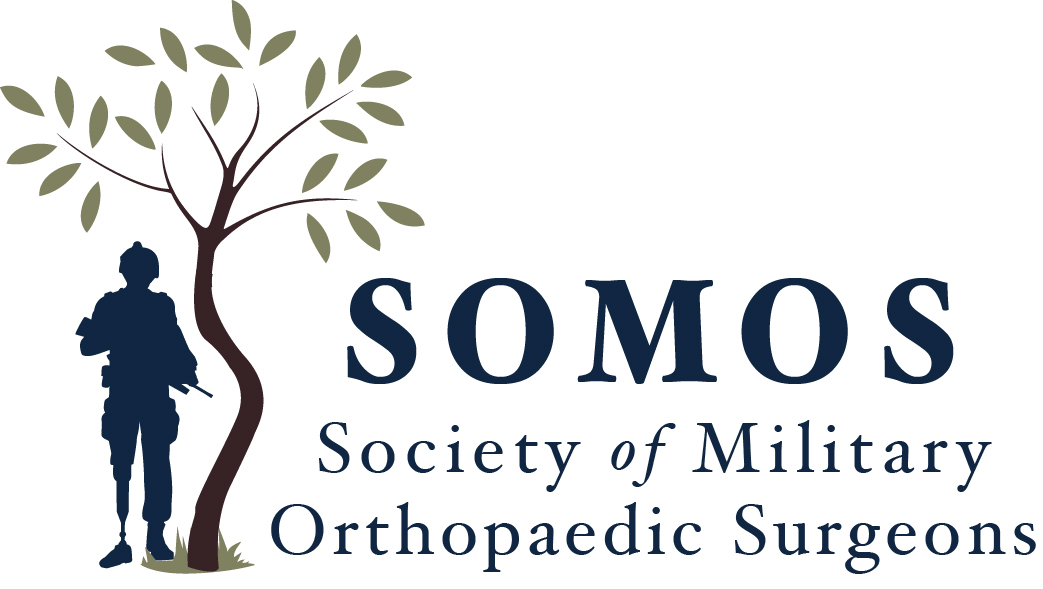- Home
- About
- Education
- Research
- Exhibiting
- Awards & Funds
- Residency Programs
- Brooke Army Medical Center/ San Antonio Military Medical Center
- Dwight D. Eisenhower Army Medical Center
- Madigan Army Medical Center
- Naval Medical Center Portsmouth
- Naval Medical Center San Diego
- Tripler Army Medical Center
- Walter Reed National Military Medical Center
- William Beaumont Army Medical Center
- Womack Army Medical Center
- MOTION
- Career Center
AcademicsClinical Rotations/Sample Matrix with explanation of in-house, local community rotations, and away rotations
In-house rotations – WRNMMC You will spend the majority of your PGY2 and Chief Resident year at Walter Reed. There, you will rotate through all the subspecialties. Didactic Schedule including opportunity for labs/simulationsAcademics are weekly on Friday afternoons. They are run by the senior residents with staff helping. We aim to schedule a cadaver lab with industry once per month for the entire afternoon to help solidify the academic topic. In the spring, the academic sessions are aimed towards anatomy at the USU cadaver lab. Typical Academic Schedule1230-1330: Shock & Tell Cases 1330-1430: Academics Main Topic 1430-1600: Flexible time/Questions Journal Club StructureOnce per month, hosted at a nearby restaurant and focused on a subject that rotates every month. It is run in a team-based competition where literature is used to answer a clinical question or scenario. There are also discussions on bias and healthcare disparities to ensure quality healthcare delivery and consideration to all our patients from both military-specific and civilian perspectives. Labs/SimulationMany opportunities exist for cadaver labs and simulations. We have access to an arthroscopy simulator 24/7. The USU cadaver lab is available for surgical planning and anatomy sessions. There is also a fully functional cadaveric arthroscopy station in the biomechanics lab for studies and practice. Clinical SitesWalter Reed National Military Medical Center, Bethesda, MD United States Naval Academy, Annapolis, MD Children’s National Medical Center, Washington D.C. Children’s Hospital of Philadelphia, Philadelphia, PA Washington Hospital Center, Washington D.C. University of Maryland Shock Trauma, Baltimore, MD Fort Belvoir, Fairfax, VA INOVA Fairfax, Fairfax, VA Fort Bragg, Fayetteville, NC Sibley Hospital, Washington D.C. Call RequirementsPGY1: Interns are introduced to taking call by starting as second hand for the resident on call at Shock Trauma over the weekend at night (“mule call"). This way, interns are introduced to trauma call at a busy hospital without taking full responsibility for all decisions PGY2: Residents are responsible for taking primary in-house call at Walter Reed. They are backed up by their chief residents. PGY3: At both CHOP and CNMC residents will take in house call, both hospitals are large children’s hospitals and there you will get a lot of experience with fracture reduction and casting. There is also primary trauma call at both Shock Trauma and INOVA Fairfax. PGY4: There are no clinic responsibilities PGY5: At WRNMMC, Sibley Memorial Hospital and Fort Bragg residents take home call. Only at INOVA Fairfax Trauma do residents take primary in house trauma call. There is no call required when on INOVA sports PGY6: This year residents take senior call, home call, working with and teaching the junior residents. Mentorship ProgramWe do not have a formal mentorship program. We feel it is important to absorb multiple techniques to find which works best for you. You will rotate through each subspeciality while you are rotating at Walter Reed. Opportunity for Meeting AttendanceYou are technically allowed one meeting; however, the program will provide support for posters or presentations. During your research year is the best time for you to travel, attend conferences and courses! Does the program provide Loupes/Lead Yes, we provide both loupes and lead at the beginning of your intern year. Does the program provide any textbook funding No but Darnell Medical Library is easily accessible and has access to electronic copies of many textbooks. They are very receptive to feedback and will work toward obtaining a textbook if it is highly requested. |





